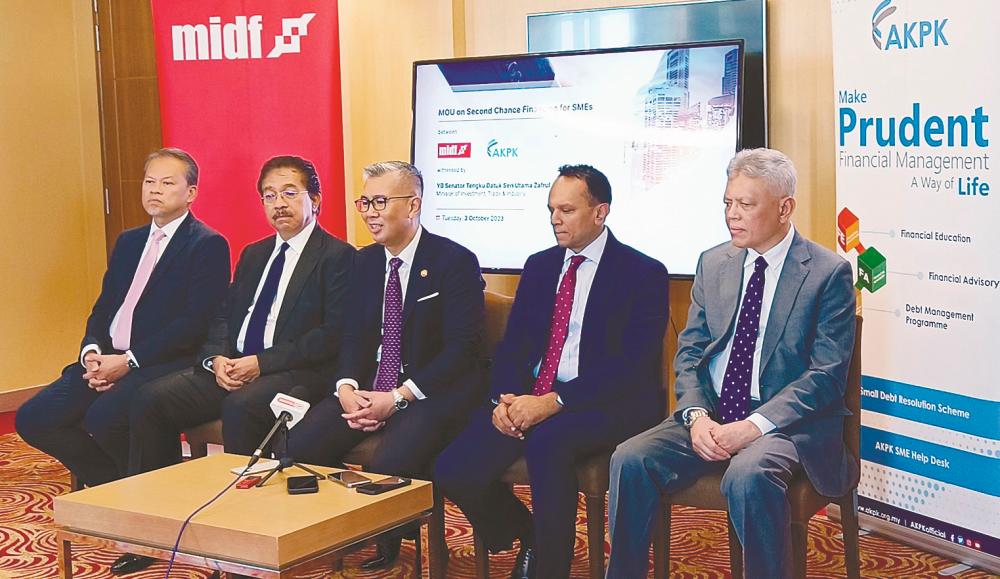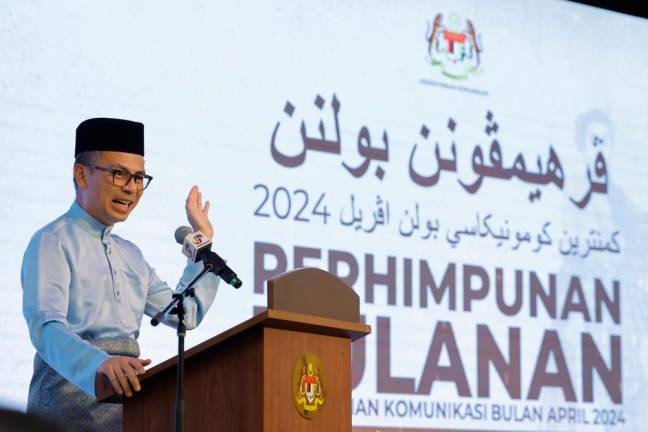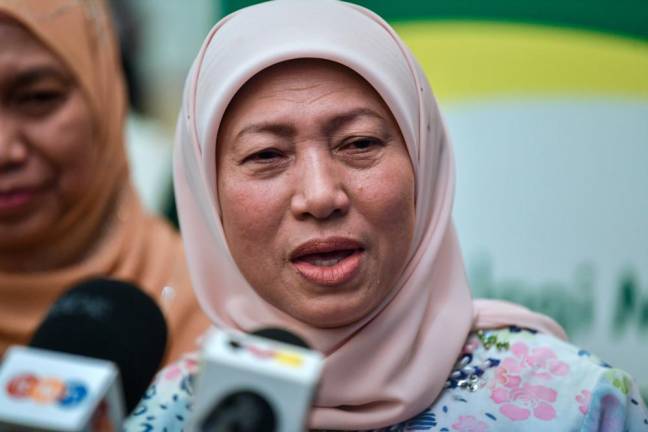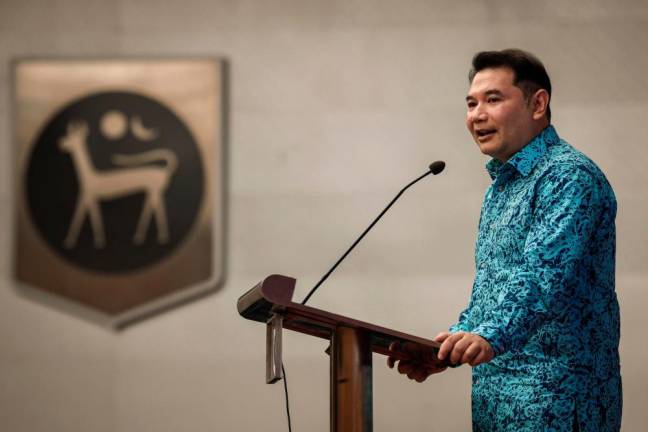KUALA LUMPUR: Asean is the new China and the region is set to become not just the world’s factory but also a consumer base, said the Minister Of Investment, Trade And Industry (Miti) Tengku Datuk Seri Zafrul Aziz.
He said the government is tapping into opportunities arising from the shifting global supply chains.
“The 10 nations that make up Asean are already home to more than 678 million people, with a combined GDP (gross domestic product) of about US$3.7 trillion (RM17.4 trillion) in 2022. As a bloc, Asean is the fifth-largest economy in the world. It also had a middle class of roughly 350 million in 2022, representing US$300 billion of disposable income,” he told reporters at the signing of a memorandum of understanding (MoU) on the Second Chance Financing Scheme for SMEs between Malaysian Industrial Development Finance Bhd (MIDF) and Agensi Kaunseling dan Pengurusan Kredit (AKPK) today.
He said the country’s SMEs’ survival in local supply chains could help them to capitalise on not only Asean’s growing middle class, but also shifting supply chains to and FDI flowing into the region.
“It is important to support SMEs, in the context of global supply chains that are shifting to Southeast Asia. This regional economic integration is also a goal that is also espoused by the Madani Economy framework,” said Tengku Zafrul.
The government has announced RM60 million in second chance financing opportunities for SMEs in the 12th Malaysia Plan.
MIDF and AKPK will provide small and medium enterprises that are facing challenges and financial difficulties with financial assistance, advisory services and business guidance.
The MIDF Second Chance Financing Scheme offers financing of up to RM5 million for assets or working capital financing at a rate of 3% per annum. The aim is to enable SMEs to overcome challenges, fuel growth and contribute to the overall economic development of the country.
Tengku Zafrul said sudden shifts in market conditions, unforeseen disruptions, or internal struggles can push promising companies to the brink of failure and can have far-reaching consequences for a production’s entire supply chain, encompassing suppliers, customers, employees and possibly the surrounding communities.
“Therefore, providing these companies with a financial lifeline which supports their business recovery is crucial in ensuring that supply chains remain intact which in turn, is crucial to the nation’s socio-economic development. To that end, the MIDF-AKPK collaboration is an important, holistic ‘recovery ecosystem’ in terms of supporting troubled companies, particularly the SMEs,” he said.










